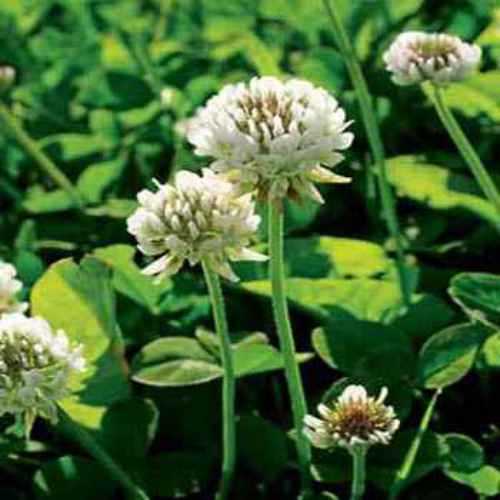Many gardeners and farmers alike have probably engaged in ferocious warfare against weeds, but do we really know what a weed is? Do we fully understand this so called weed, or are we simply fighting a battle we think must take place so that our vegetables can grow? Or is it the aesthetics route;a lawn that we wish to look clean and tidy? According to dictionary.com, a weed is, “a valueless plant growing wild, especially one that grows on cultivated ground to the exclusion or injury of the desired crop.” Even though this definition is well accepted, I argue that society has brought us to think that weeds are valueless. Yes, they can take over areas of the garden, and even drive native plants out. Yes, they can cause harm to a desired crop, but let’s get one thing straight, weeds are not valueless, just misunderstood.
In the words of permaculturalist Toby Hemenway, writer of “Gaia’s Garden: A Guide to Home-Scale Permaculture,” weeds and non native plants are opportunists. They crave for disturbance and are often pioneer plants which root themselves after damage has been done. Damage such as nutrient deficiency, heavy compaction, and the main one, soil disturbance. I want to focus on soil disturbance simply because it is the biggest thing most gardeners don’t think about. When we open up and till the soil, we are giving the soil an influx of oxygen and energy, thus speeding up the breakdown of organic matter and the cycling of nutrients. However, this also opens what ecologists call a niche, or an opportunity for certain plants and organisms to live in. This niche is often filled by nature with a plant mother earth feels must be there. For example, white dutch clover, commonly found in patches on grass lawns. This plant is a nitrogen fixing plant, adding nutrition to the soil. Clover was probably put in place by nature because there was an opportunity to take root and because grass is a heavy feeder, resulting in poor soil health. Being a nitrogen fixer, clover could help condition the soil into better shape. Weeds in a sense are mother nature’s way of telling us that something is needed in the soil or area, and often places a plant that can survive better than other plants.
So does this mean never to weed? The answer is no. A weed can be any plant, but what is important to remember is that a “weed” is often there for a reason. Figuring out that reason will drastically reduce the need to weed hours on end. Many gardeners don’t realize that mother earth is more complex than we think, and understanding how nature works is key to sustainable gardening. Limit the need for mother nature to take care of your garden, reduce soil disturbance, and plant plants that not only provide fruits and vegetables, but also feed the soil below and above ground. A garden that is diverse in terms of plants and functions will ultimately lead to an ecological garden that can eventually be self sustaining.


No comments:
Post a Comment